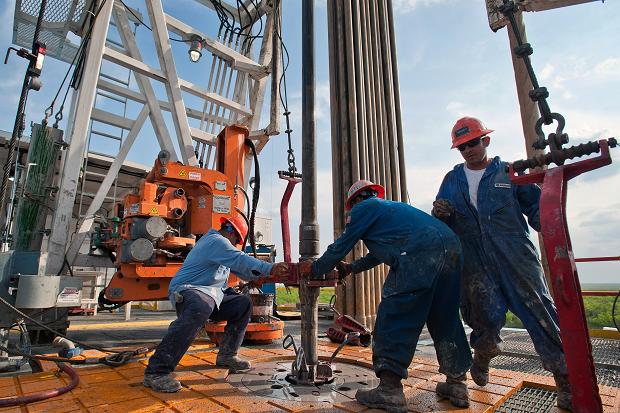 Chancellor George Osborne has introduced generous tax breaks for shale gas firms looking to begin operating in the UK. The Treasury has reduced the top tax rate for on-shore shale gas production to just 30 percent, compared to 62 percent tax rates for oil drilling operations in the North Sea.
Chancellor George Osborne has introduced generous tax breaks for shale gas firms looking to begin operating in the UK. The Treasury has reduced the top tax rate for on-shore shale gas production to just 30 percent, compared to 62 percent tax rates for oil drilling operations in the North Sea.
Other offshore oil fields in UK waters are taxed up to 81 percent of income, making the industry one of the most heavily taxed in the nation. The reduction in taxes for shale gas is indicative of a national investment in the energy source, which is still in its early stages in Britain.
Despite extensive testing, shale gas production still hasn’t begun in Britain due to a series of regulatory issues and safety concerns. Exploratory drilling has been under way for several years, much to the ire of environmentalist groups concerned about its potential effects on the British environment.
Recent data from the British Geological Survey shows that shale gas could power the country for up to 25 years, noting that huge resources may exist under the UK. Most of Britain’s energy currently comes from fossil fuels, which over 80 percent of the country believes should be replaced by alternative energy sources.
The tax breaks were criticised by environmental groups, which expressed concerns about the effects of fracking on the UK. Groups dedicated to reducing Britain’s total environmental damage claim that the chemicals used in fracking are dangerous to the environment, and that the industry will increase Britain’s carbon output.
While the industry is still in its early stages in Britain, economists have pointed to it as a serious contender for reducing the nation’s reliance on fossil fuels. Others in the energy industry have noted that the industry should not need extensive tax breaks if it would truly be profitable in the UK.





